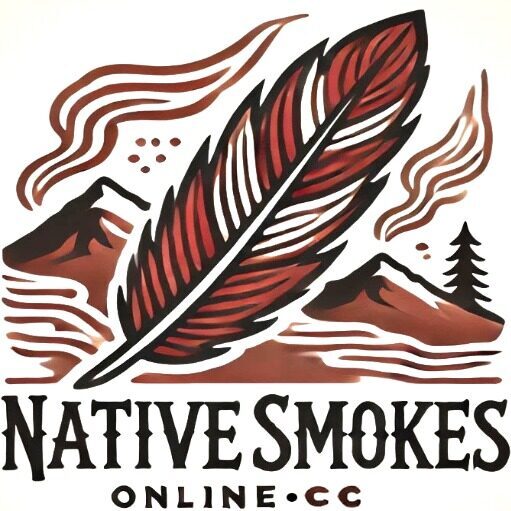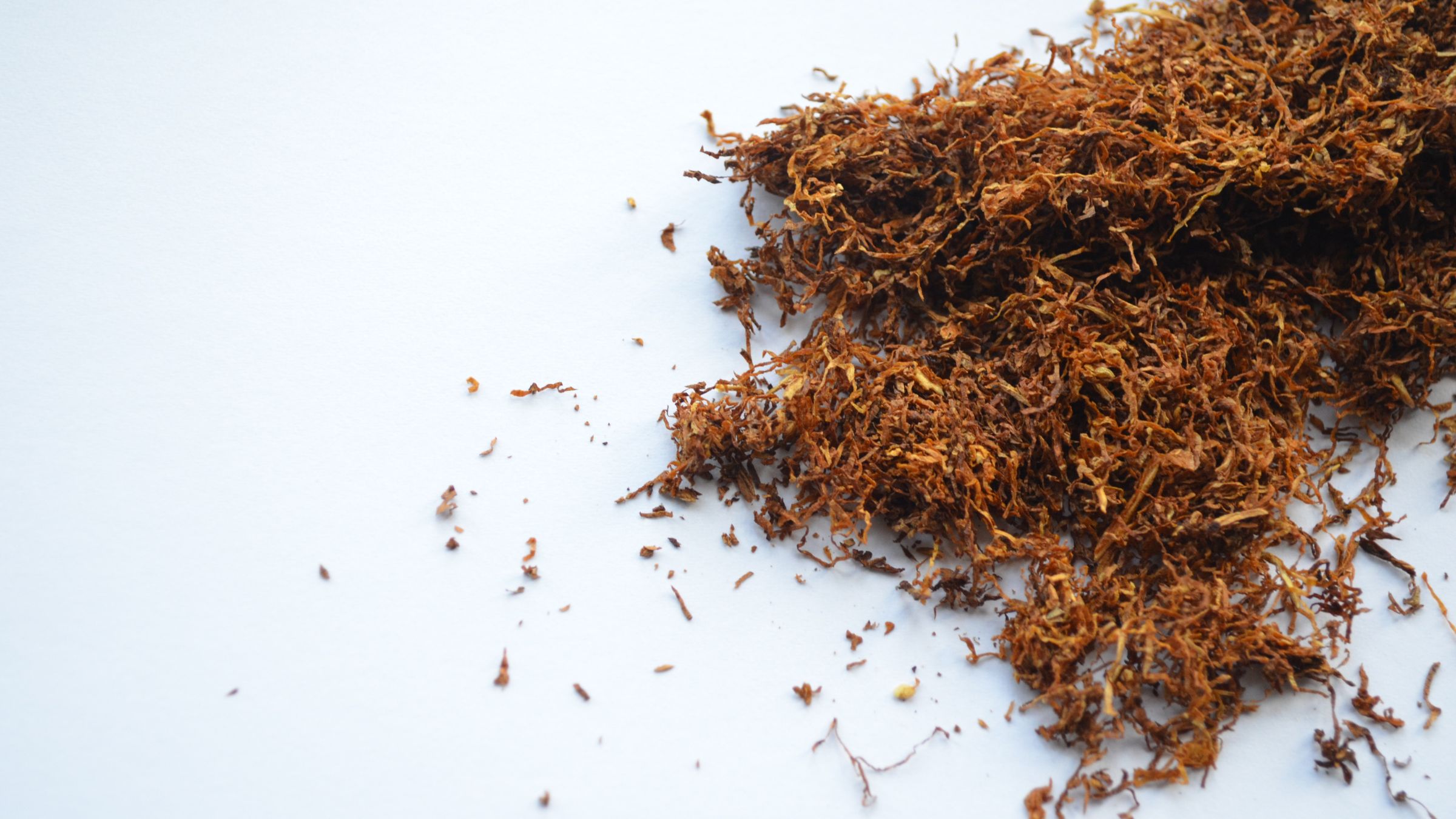If you’ve ever visited a Native reserve in Canada, you might have noticed that cigarettes sold there are often much cheaper than in regular stores. A common question is: do Native reserves charge tax on cigarettes?
The short answer is usually no, but it depends on who is buying and where the sale takes place.
In this blog, we will explain how cigarette sales work on Native reserves, why they are often tax-free, and what the rules are for both Indigenous and non-Indigenous buyers.
Why Are Cigarettes Cheaper on Native Reserves?
Cigarettes on reserves are often cheaper because they are not subject to federal or provincial tobacco taxes when sold to First Nations people. These taxes include excise duty, provincial tobacco tax, and sales taxes like HST or GST.
However, the price can vary depending on the buyer’s status and the tobacco products’ origin.
Are Taxes Charged to Non-Indigenous Buyers?
Non-Indigenous buyers are generally supposed to pay applicable taxes on tobacco products, even if they buy them on a reserve. Enforcement of this rule can vary by province and individual stores.
A simple guideline is:
- Status First Nations buyers usually do not pay taxes on-reserve
- Non-status or non-Indigenous buyers may need to pay taxes, but enforcement varies
Some reserves sell products that are not taxed for anyone, especially if made by Indigenous-owned companies and sold on the reserve.
Who Can Buy Tax-Free Cigarettes?
According to Canadian law, status First Nations people can buy tobacco tax-free if:
- The sale happens on a recognized reserve
- They show valid status identification (like an Indian Status Card)
- The tobacco is for personal use
Some reserves sell tax-free cigarettes to everyone, but this is often a legal gray area.
Are Native Cigarettes Regulated?
Many Native cigarette brands are produced outside federal oversight, so they may not follow the same rules as commercial tobacco brands, such as health warnings or ingredient lists. This does not necessarily mean they are more harmful, but they are regulated differently.
It’s best to buy from trusted sources to ensure safety and quality.
Final Thoughts
So, do Native reserves charge tax on cigarettes?
If you are a status First Nations person buying cigarettes on your own reserve, you typically will not be charged tax. If you are not Indigenous, taxes may apply, depending on the reserve and local enforcement.
Always check local laws and be mindful of where and from whom you buy.
FAQ: Taxes on Native Cigarettes
Are Native cigarettes tax-free for everyone?
Not always. They are tax-free for eligible Indigenous buyers on reserve. Non-Indigenous buyers may be charged tax depending on location.
Do I need ID to buy tax-free cigarettes on a reserve?
Yes, status ID is usually required for tax exemption.
Can non-Indigenous people legally buy Native cigarettes?
Yes, but they may have to pay tax. Buying large amounts or reselling can be illegal.
Are Native cigarette brands legal?
Yes, many are legal within reserve boundaries, especially when sold by Indigenous-owned businesses, but may not be federally regulated.
Why are some Native cigarettes cheaper than others?
They may be untaxed, locally made, or sold without extra costs like retail markup or packaging standards.


